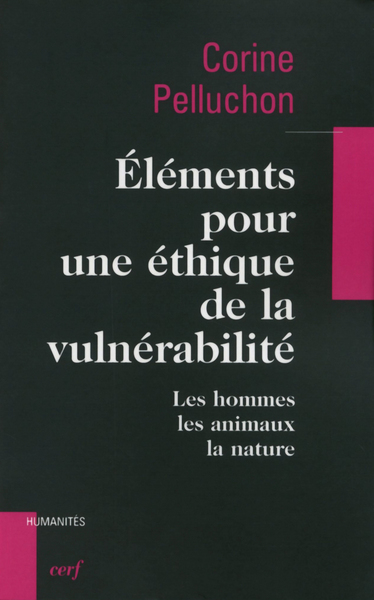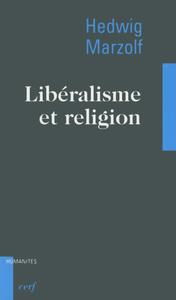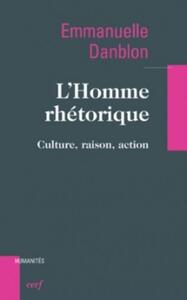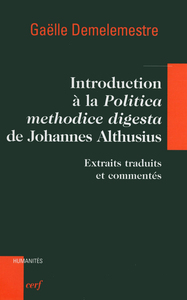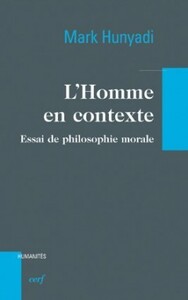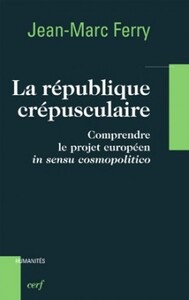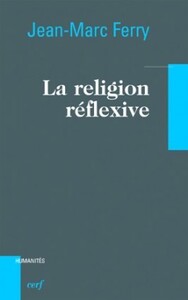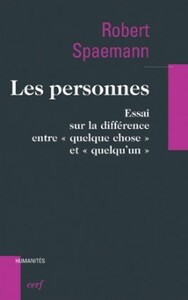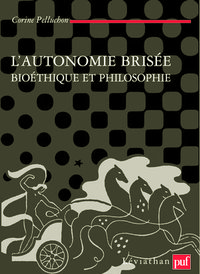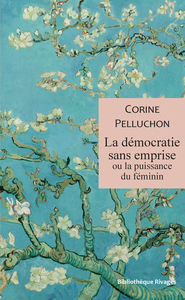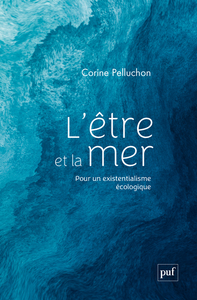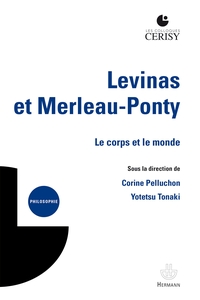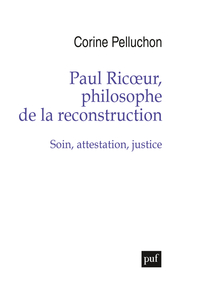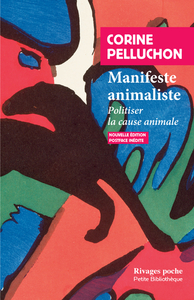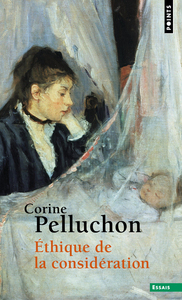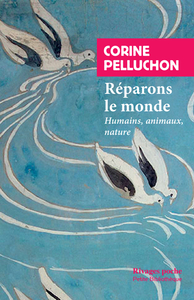Nous utilisons des cookies pour améliorer votre expérience. Pour nous conformer à la nouvelle directive sur la vie privée, nous devons demander votre consentement à l’utilisation de ces cookies. En savoir plus.
ELEMENTS POUR UNE ETHIQUE DE LA VULNERABILITE
Cerf - EAN : 9782204088244
Édition papier
EAN : 9782204088244
Paru le : 28 juil. 2011
24,00 €
22,75 €
Disponible
Pour connaître votre prix et commander, identifiez-vous
Notre engagement qualité
-
 Livraison gratuite
Livraison gratuite
en France sans minimum
de commande -
 Manquants maintenus
Manquants maintenus
en commande
automatiquement -
 Un interlocuteur
Un interlocuteur
unique pour toutes
vos commandes -
 Toutes les licences
Toutes les licences
numériques du marché
au tarif éditeur -
 Assistance téléphonique
Assistance téléphonique
personalisée sur le
numérique -
 Service client
Service client
Du Lundi au vendredi
de 9h à 18h
- EAN13 : 9782204088244
- Réf. éditeur : 775312
- Collection : HUMANITES
- Editeur : Cerf
- Date Parution : 28 juil. 2011
- Disponibilite : Disponible
- Barème de remise : NS
- Nombre de pages : 348
- Format : H:215 mm L:138 mm E:30 mm
- Poids : 434gr
- Interdit de retour : Retour interdit
-
Résumé :
Si nous ne voulons pas que l'écologie se réduise à des déclarations d'intention, des changements dans nos styles de vie sont nécessaires. La question est de savoir quelle éthique et quelles transformations de la démocratie peuvent rendre possible la prise en compte de l'écologie dans notre vie. Reliant des champs de l'éthique appliquée qui d'ordinaire sont étudiés séparément — la culture et l'agriculture, le rapport aux animaux, l'organisation du travail et l'intégration des personnes en situation de handicap —, cette enquête élabore un concept rigoureux de responsabilité susceptible de promouvoir une autre manière de penser le sujet et une autre organisation politique. Loin de fonder la politique sur l'écologie, il s'agit de montrer que celle-ci ne peut être prise au sérieux qu'au sein d'un humanisme rénové. Ainsi, le sujet de l'éthique de la vulnérabilité s'inquiète du devoir être de son droit et intègre, dans son vouloir vivre, le souci de préserver la santé de la terre et de ne pas imposer aux autres hommes et aux autres espèces une vie diminuée.
--
If we do not want to see ecology reduced to mere declarations of intention, changes in our way of life are imperative. The question posed is this: what ethics and what transformations in our democracy might make it possible to take ecology into account in our lives? Linking domains of applied ethics that are usually studied separately —culture and agriculture, relations with animals, work organisation and the integration of people with a handicap — this investigation elaborates a rigorous concept of responsibility capable of promoting a different way of thinking the subject and a different political organisation. Far from founding the politics of ecology, the aim is to show that ecology cannot be taken seriously except within a renovated humanism. The ethics of vulnerability provides a conception of the subject that takes into account what we owe to others before we have rights. So, the subject of the ethics of vulnerability worries about justice for others, human and animal others alike, and about the way in which one's own use of natural resources depletes what is available for others. In his self preservation, he will show care to preserve the health of the Earth, and not to impose, through his own life, a diminished life on other humans or other species.

